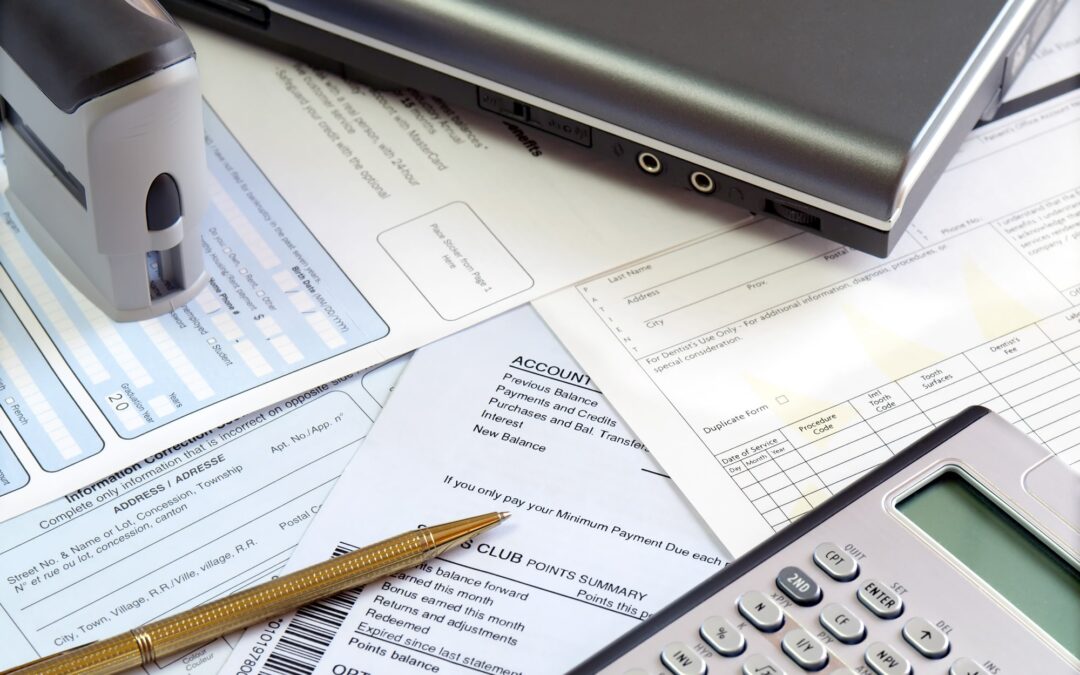Bankruptcy
Filing for bankruptcy is a significant decision that can profoundly impact your financial life. While it offers a legal pathway to relieve overwhelming debt, it also comes with long-term consequences that must be carefully considered. Understanding the pros and cons of filing for bankruptcy can help you make an informed decision about whether it is the right step for your financial situation. A Dallas, TX bankruptcy lawyer from Leinart Law Firm is standing by ready to assist with your bankruptcy.
Pros Of Filing For Bankruptcy
Debt Relief
The primary benefit of filing for bankruptcy is the relief from overwhelming debt. Bankruptcy can discharge various types of unsecured debt, such as credit card balances, medical bills, and personal loans. This discharge means that you are no longer legally obligated to repay these debts, providing a fresh financial start.
Automatic Stay
When you file for bankruptcy, an automatic stay goes into effect immediately. This legal provision halts most collection actions against you, including phone calls, wage garnishments, lawsuits, and foreclosures. The automatic stay provides much-needed respite from creditor harassment and gives you time to restructure your finances.
Asset Protection
Certain types of bankruptcy, particularly Chapter 13, allow you to keep your assets while you repay your debts over a specified period. Even in Chapter 7 bankruptcy, you may be able to protect essential assets through state and federal exemptions, ensuring that you don’t lose everything you own.
Structured Repayment Plan
In Chapter 13 bankruptcy, you can reorganize your debts into a manageable repayment plan that spans three to five years. This plan can make it easier to repay secured debts, such as car loans and mortgage arrears, without the immediate threat of repossession or foreclosure.
Fresh Start
Bankruptcy provides a fresh start by wiping the slate clean of your eligible debts. This can be a significant psychological relief and a financial reset, allowing you to rebuild your credit and financial health from the ground up.
Cons Of Filing For Bankruptcy
Impact On Credit Score
One of the most significant downsides of filing for bankruptcy is the impact on your credit score. A bankruptcy filing can stay on your credit report for up to 10 years, making it difficult to obtain new credit, secure favorable loan terms, or rent an apartment. Your credit score will take a substantial hit, affecting your financial opportunities for years.
Loss Of Property
In Chapter 7 bankruptcy, non-exempt assets may be sold to repay creditors. This can include valuable items such as a second car, recreational vehicles, or expensive jewelry. While exemptions exist to protect certain assets, there is still a risk of losing property during the bankruptcy process.
Public Record
Bankruptcy filings are public records, which means that your financial struggles are accessible to anyone who wishes to look them up. This lack of privacy can be uncomfortable and may affect your personal and professional reputation.
Not All Debts Are Discharged
Bankruptcy does not discharge all types of debt. Obligations such as student loans, child support, alimony, and certain tax debts typically remain after the bankruptcy process. If a significant portion of your debt falls into these categories, bankruptcy may offer limited relief.


